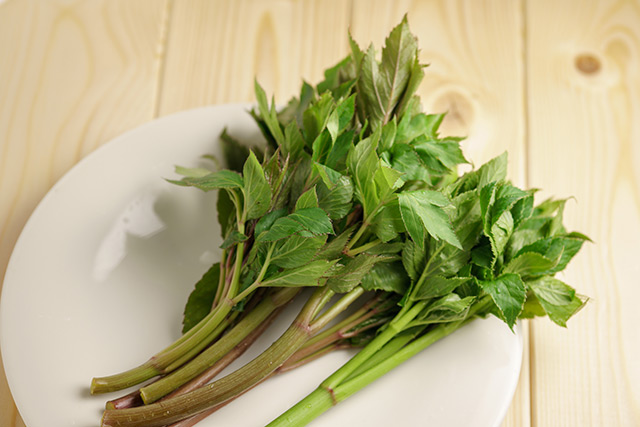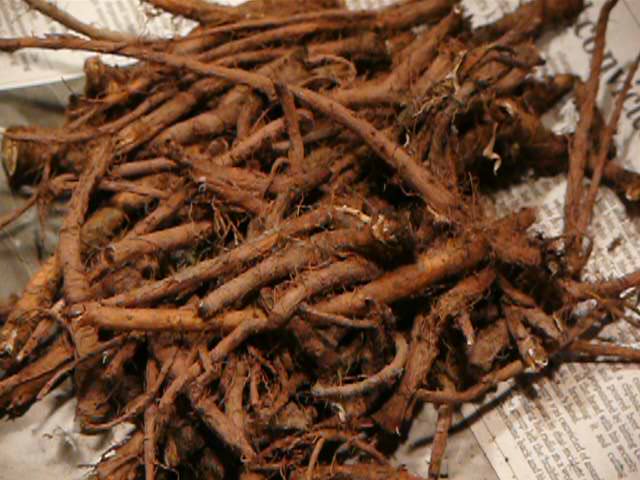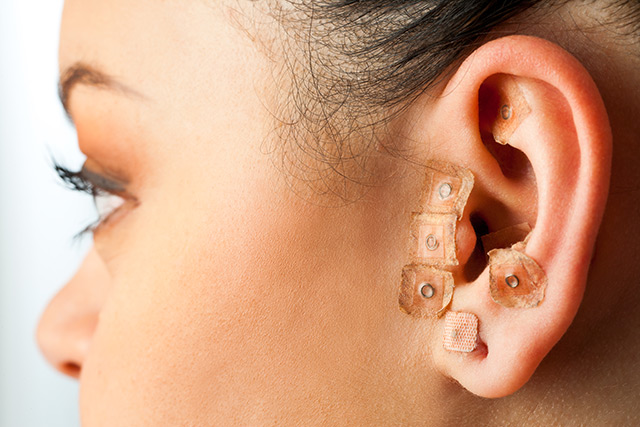How naturopathy helps with controlling cholesterol
08/02/2019 / By Isabelle Z.

Is cholesterol good or bad? Many people would answer “bad” without hesitation, and while too much of it can indeed cause problems, there is a lot of misinformation floating around about the topic. Cholesterol is not inherently bad – quite the opposite, in fact – and you don’t necessarily need to take risky medications to keep it under control.
Avoiding fats and cholesterol at all costs can actually be detrimental to your health. That’s because cholesterol protects your arteries from lesions and other types of damage. In fact, when cholesterol builds up in your arteries, it’s actually an indication that you have too much inflammation in your system as opposed to too much cholesterol. Think of cholesterol as being like a scab that covers the inflammation in your vessels to protect from further damage.
Nevertheless, cholesterol levels can become dangerously high. When this happens, many doctors convince their patients they need statins. These drugs are highly profitable, but they are NOT highly effective – and they’re also quite dangerous. Thankfully, naturopathy can help you to control your cholesterol safely and effectively without medication.
Here is a look at what naturopaths suggest you focus on if cholesterol is an issue.
Oats
Oats contain a fiber known as beta glucan that can help to lower cholesterol. The beta glucan in oats forms a gel that binds to cholesterol in your intestines, limiting the amount that is absorbed into your blood. Beta glucans are also found in the outer layer of whole grains like barley.
Garlic
Garlic is often used to address cardiovascular problems, and as little as just one clove per day can be enough for people to bring their total cholesterol levels down by 15 percent.
Black pepper
Black pepper extract has been shown in studies to reduce blood cholesterol levels, including those of LDL, or bad cholesterol, in animals. It also contains a compound called piperine that helps to boost the absorption of supplements like turmeric that can also lower cholesterol.
Hawthorn
These antioxidant-rich berries have the power to improve your levels of blood fats, particularly bad cholesterol and triglycerides. They may help to lower blood pressure, and they are also used alongside conventional medications to treat heart failure.
Cayenne
The capsaicin in cayenne peppers has been shown to reduce triglycerides and cholesterol in animal studies. It can help the body to eliminate fat, which is also linked to heart health. In addition, it is a natural anti-inflammatory.
Legumes
Legumes such as beans, lentils and peas contain lots of fiber, along with minerals and proteins. Eating just half a cup of them per day can lower bad cholesterol by 6.6 mg/dl on average compared to not eating legumes. They’ve also been linked to weight loss in studies, even when calories are not restricted.
Exercise
In addition to improving your diet, exercising is considered one of the best changes you can make to help naturally reduce your cholesterol levels. Exercising can actually change the particles that carry cholesterol throughout your body in a way that makes them less likely to clog your arteries.
Experts recommend getting at least half an hour of structured exercise per day if reducing cholesterol is your goal. Some approaches that studies have shown to be effective in this regard include going for a brisk walk, running, jogging, swimming, cycling, lifting weights, and yoga.
There are lots of ways that you can keep your cholesterol levels in check without taking on the risks of medications like statins, which include muscle pain and liver damage as well as a higher risk of diabetes. When it comes to controlling your cholesterol naturally, eating the right foods and getting plenty of exercise can go surprisingly far.
Sources for this article include:
Tagged Under: cayenne, cholesterol, Cures, exercise, garlic, hawthorn, high cholesterol, legumes, natural medicine, Naturopathy, oats, prevention, remedies
RECENT NEWS & ARTICLES
COPYRIGHT © 2017 NATUROPATHY NEWS
















